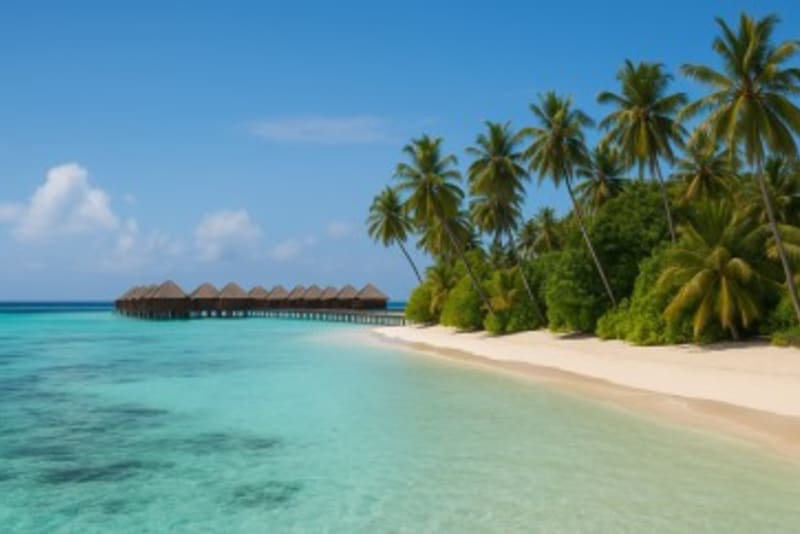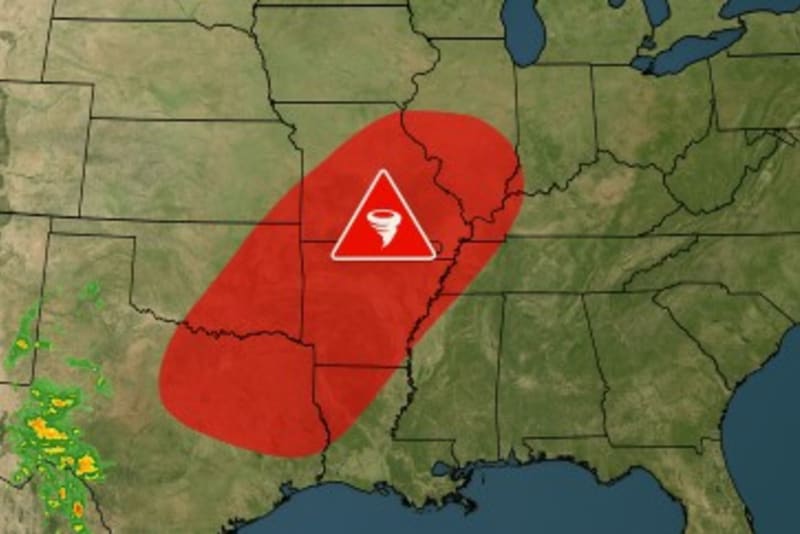Malé, Maldives / October 12, 2025 — Authorities and foreign governments have recently issued heightened travel advisories for the Maldives, prompting concern among tourists and tour operators alike. Though the archipelago remains one of the world’s most sought-after destinations, shifting security and legal conditions have placed new layers of complexity on travel planning.
Background & Context
In early October 2025, the U.S. State Department reaffirmed its Level 2 travel advisory for the Maldives, advising U.S. citizens to “exercise increased caution” due to the risk of terrorism. Travel.state.gov+2safedestinations.com+2 According to the advisory, terrorist actors may target tourist sites, transportation hubs, markets, shopping centers, and government buildings — potentially even remote islands where response times may be slower. safedestinations.com+2Travel.state.gov+2

The British Foreign, Commonwealth & Development Office also maintains a travel advisory for the Maldives, which includes references to security, entry requirements, and legal risks. GOV.UK Australia’s Smartraveller service likewise continues to urge “a high degree of caution,” citing the possibility of civil unrest, demonstrations turning violent, and the general security environment. Smartraveller
Earlier in 2025, the Maldives government made a further change to its visa policy: entry is refused to holders of Israeli passports. This measure, formalized through an amendment to immigration law, is explicitly linked to political developments tied to the Gaza conflict. Wikipedia+2AP News+2 Dual nationals may use alternative passports for entry, but the decision has triggered diplomatic reactions from Israel and cautionary advice for its citizens. Reuters+2The Guardian+2
On the health front, the U.S. Centers for Disease Control and Prevention (CDC) maintains guidelines for travelers to the Maldives, recommending precautions on water quality, mosquito-borne diseases, and general traveler health preparation. CDC Travelers' Health
Voices & Reactions
From the U.S. State Department:
“Terrorist groups may carry out attacks with little or no warning in tourist areas, transportation hubs, markets, and remote islands.” safedestinations.com+1
From an Australian travel-security analyst (requesting anonymity):
“Resort islands tend to be more secure, but visitors heading into Malé or lesser-known islands should remain vigilant, avoid protests, and monitor local reports daily.”
From a Maldivian immigration official (via press statement):
“The ban on Israeli passports reflects the government’s stance on international developments, but exception for dual nationals provides some flexibility. All travelers must meet all visa and entry requirements.”
What Is Confirmed — And What Remains Alleged
Confirmed:
The U.S. continues to advise Level 2 (“exercise increased caution”) for travel to the Maldives. Travel.state.gov+2safedestinations.com+2
The Maldives has legislated a ban on entry for Israeli passport holders, with exemptions for dual nationals. The Guardian+3Wikipedia+3AP News+3
Health and traveler precautions remain active, per CDC guidelines. CDC Travelers' Health
Alleged / Risk Warnings:
That terrorist actors plan to launch attacks in specific islands is a risk advisory — not a confirmed plot. safedestinations.com+2Travel Safe - Abroad+2
Reports of civil unrest and violent demonstrations are flagged regions to avoid, but there is no widespread confirmation of unrest in tourist zones. Smartraveller+1
Conclusions & Next Steps
For travelers:
Review your itinerary and ensure that areas you plan to visit are within resort zones or well-monitored local islands.
Register with your country’s embassy or consular service, and enroll in any traveler alert programs (e.g. U.S. STEP). adoption.state.gov+1
Secure comprehensive travel insurance including medical evacuation. Travel.state.gov+1
Stay updated via reliable local news outlets and heed instructions from resort or local authorities if conditions change.
For governments and tourism officials:
Continued monitoring of threat intelligence and dissemination of clear advisories is essential.
Enhanced coordination between resort security, local police, and civil authorities can help reassure visitors.
Diplomatic engagement continues around visa policy, especially with nations affected by the Israeli passport ban.
As the Maldives balances its reputation as a luxury destination with evolving security and geopolitical tensions, travelers should proceed with informed caution and remain adaptable.








Comments
No comments yet. Be the first to comment!